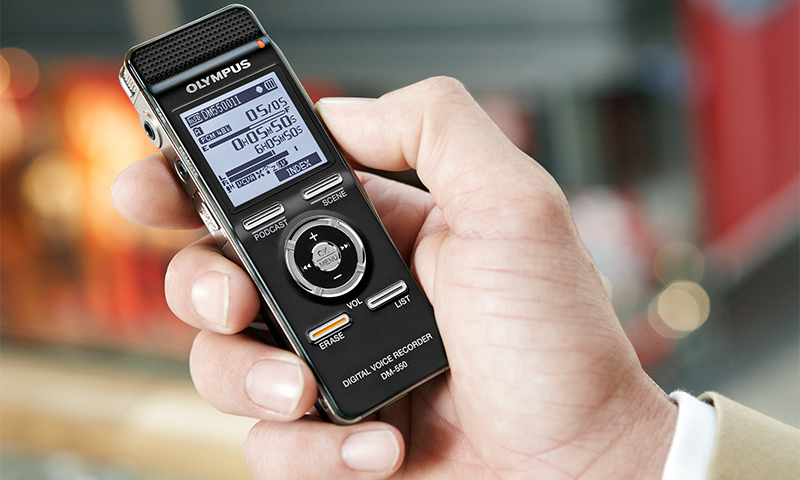Experienced musicians choose synthesizers, listening to each instrument. If you do not have such an opportunity, but you really want a standing machine, our review will help you navigate the range of new products and find a good synthesizer - for training and for performing on stage.
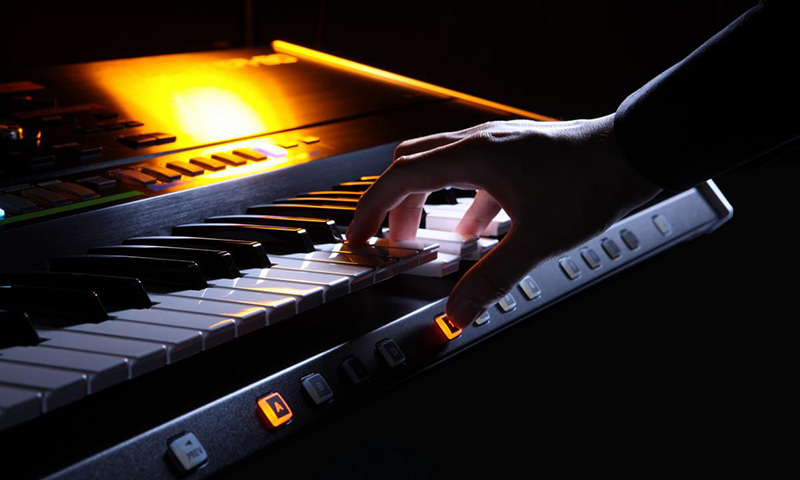
Content:
KORG Prologue 16 - the most customizable tool for pros
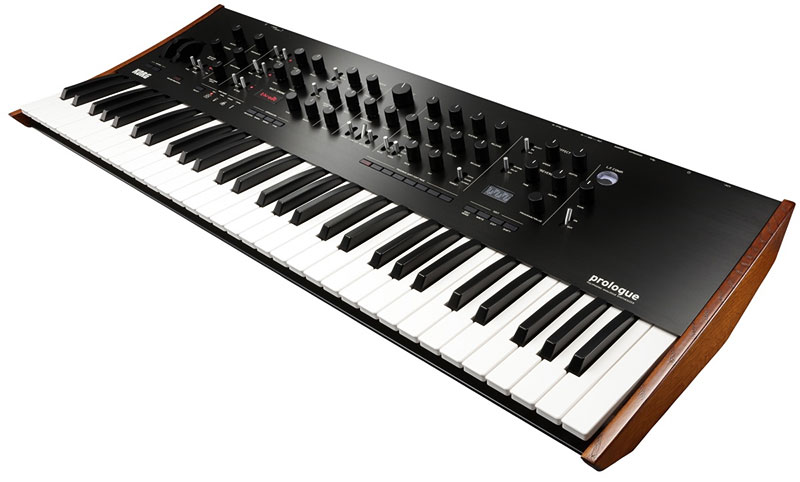
The 61-key sixteen-voice synthesizer (5 octaves), strictly speaking, is not fully analog. He belongs to the class of hybrids. It has both VCO and digital oscillator, which greatly expands the possibilities of working with music. If desired, the Multi Engine generator can be turned off to get the classic analog sound. A small selection of programs compensate for the endless possibilities of customization.
Pros:
- The presence of a mastering low-frequency processor with its volumeter;
- 250 firmware, the same user is free to create and sort by himself, as it will be convenient for him;
- You can add your own modulation effects if you are friends with programming;
- 4 voice modes with indication of the selected effect;
- Multimode Arpeggiator, which can be assigned to any of the oscillators;
- Easy, responsive keys - great for a quick game;
- Durable aluminum housing.
Minuses:
- There is no aftertach function, that is, the synthesizer does not react to the force of a key press;
- High cost (150 thousand rubles), but then we are talking about a professional model.
ROLAND AX-Edge - concert "comb"
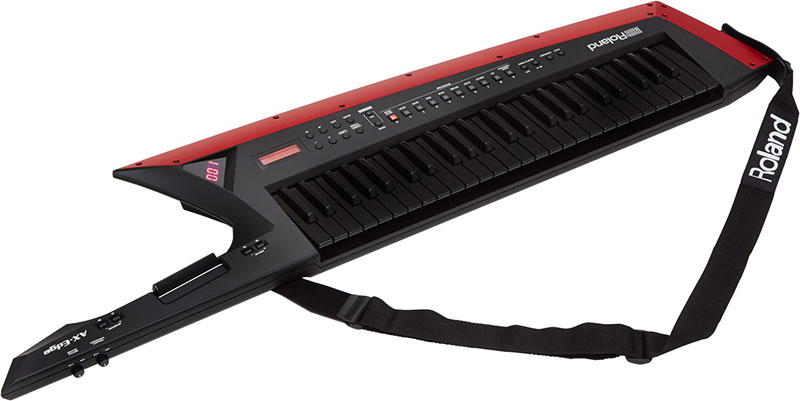
Stylish Keitar for concert performances on 4 octaves is available in two designs: white and with a completely black keyboard. The manufacturer also offers colored overlays with prints that allow you to "paint" the body to your liking. 500 programs are stored in the instrument's memory, another 256 presets are free for user recording. The synthesizer can work both from the network and from the battery.
Pros:
- Eight dozen different effects;
- There is a aftertach and vocoder with a separate microphone input;
- The Tone Remain function, which allows you to smoothly and "cleanly" switch between modes and timbres;
- The ability to customize the presets by connecting to Keitaru via Bluetooth, or directly in the mobile application (iOS and Android are supported);
- Unweighted keys respond well to a runaway game;
- There is an output for connecting the pedals;
- The battery life reaches 4 hours;
- Relatively light weight (4.2 kg).
Minuses:
- Playing without a cord will require as many as 8 batteries.
YAMAHA PSR-E463 - multifunctional model for lovers
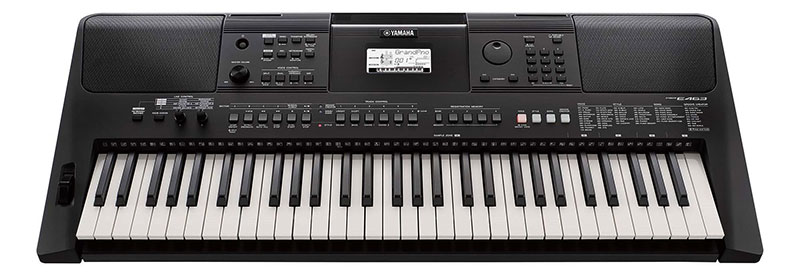
The “home” version of the synthesizer for 5 octaves will suit those who are engaged in music unprofessionally, arranging concerts only for their own. Nevertheless, this instrument can surprise with a rich set of functions: here there are 48 voices and as many as 758 timbres. Auto accompaniment will also please the variety - 220 styles are stored in memory and for each there are two variations of performance.
Pros:
- Suitable for music of any genre;
- The original function groove-creator, with which you can turn into a DJ, using a synthesizer as a mixing console;
- Easy timbre switching - just change the effort on the key;
- It is possible to memorize any sound in the instrument (for example, from a dictaphone or player) and use it as a full-fledged timbre in different modes;
- The presence of buttons with reassignable functions;
- Record lost works straight to the USB flash drive;
- To the best of powerful built-in speakers - 2 speakers of 6 watts each;
- MIDI keyboard mode when connected to a computer;
- Large contrast screen with backlight.
Minuses:
- Usually comes without a power supply - it will have to be purchased separately;
- The loading of their styles is limited (no more than 10).
MEDELI M221L - Beginner's Choice
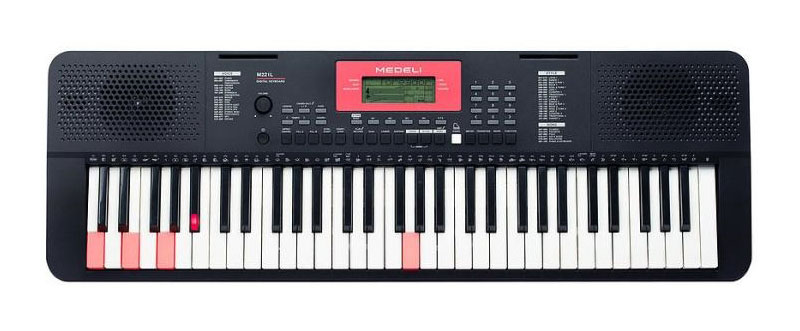
Despite the initial level of this synthesizer, it has a full keyboard for 5 octaves, 200 pre-installed programs and is able to “sing” 486 different voices. Also, a sequencer is built into it to record the played melody - alas, only one. But there is a learning mode with illuminated keys: 155 melodies are stored in the memory of the instrument, the complexity of which gradually increases.
Pros:
- High-quality assembly;
- Large informative display;
- Each key is signed by a corresponding note mark;
- Ability to connect to a PC or laptop with tutorials, as well as use as a MIDI keyboard;
- Built-in acoustics;
- Light unweighted keys that do not require physical effort to press - while they react to pressure, changing its sound;
- "Cribs" on the styles and timbre applied directly to the panel;
- Low weight (less than 4 kg);
- Affordable cost - about 12 thousand rubles.
Minuses:
- The sound is not perfect, albeit quite decent;
- Plastic keys lack rigidity, so it will be difficult to achieve a clean fluent game.
RINGWAY K35 - children's synthesizer
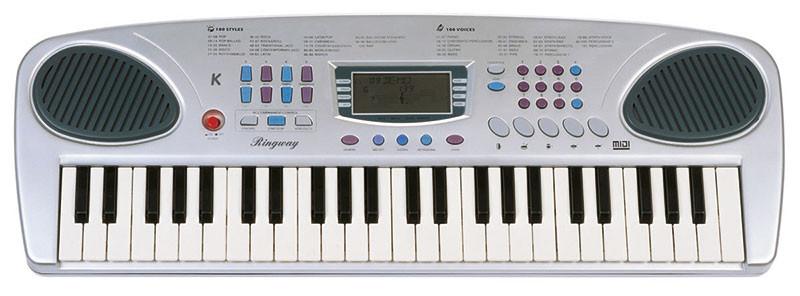
A small digital synthesizer for kids doesn't look like a toy at all. Yes, and his functionality is quite rich, so you can use the tool for more serious music lessons in high school and at school academic concerts.
The 4 octave keyboard consists of 49 keys of reduced size to make children more comfortable. The synthesizer supports the training mode and “knows” 30 melodies for learning.
Pros:
- Built-in speakers - no need to connect the instrument to individual speakers, but there is still audio output;
- External microphone jack;
- Electronic metronome;
- 129 timbres and hundreds of styles for auto-accompaniment, as well as interesting features like vibrato and reverb;
- Artificial sustain for increased note duration;
- The ability to record a played melody;
- Sensitive unweighted keys.
Minuses:
- Blind screen without backlight;
- In adolescence, you will have to replace the synthesizer with an “adult” model because of the small keys.
It will be interesting to friends too



